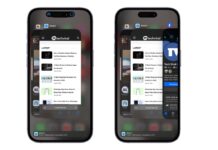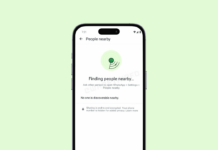Several countries’ internet users will be at security risk within the first hour of 1st January if they use the internet because of HTTPS, SHA-1, and SHA-2 combination.
Several emerging countries throughout the world, as well as some Middle East citizens, will be somewhat unsafe while surfing the internet within the first hours of January 1, 2016. Nearly 40 million users are left behind with updating protocols for Web security.
Also Read: Top 10 Black Hat Hackers Who Made History Forever
Today, when using Google Chrome, Mozilla Firefox or Microsoft Edge, an icon of a padlock and HTTPS acronym arise at the start of most e-mail addresses available on the web. This indicates that the page you are trying to access is properly encrypted and secure – like Facebook and Gmail.
40 Million Internet Browsing Users Will Have No Security On January 1
The certificate that ensures a site their safety is currently known as SHA-1. However, the CA / Browser – group that concludes which pages earn this certification – decided that the SHA-1 is not as safe, and as of January 1, 2016, will only issue certificates on SHA-2 standard.
Also Read: 12 Best Android Hacking Apps
This is where the problem on browsers as well as older operating systems do not have support for the new standard and therefore will not be able to validate the authenticity of pages such as Facebook and other encrypted areas of the internet. In practice, for example, mobile phones launched more than five years will no longer have the same security to surf the web.
Depending on the used platform and browser, it is possible that these sites are even released to the user who does not support the SHA-2. For example, about 6% of Internet users in China will be affected by the change, which mainly affects emerging markets.
Also Read: How To Become Ethical Hacker (Best 10 Steps)
Organizations like CloudFlare and himself Facebook already mobilizing to prevent 40 million people being affected at the turn of the year. The social network has even presented his alternative: build an open source engine that enables developers qualify older versions of their browsers to SHA-2.
If you use a version of Google Chrome higher than 39; Mozilla Firefox 37 or younger; or Microsoft Edge, default browser of Windows 10; there to worry about. These browsers already have support for SHA-2 standard. But if you’re on an Android 2.2 or even in Windows XP, your days are numbered security on the web. At least until a final solution is not found.



